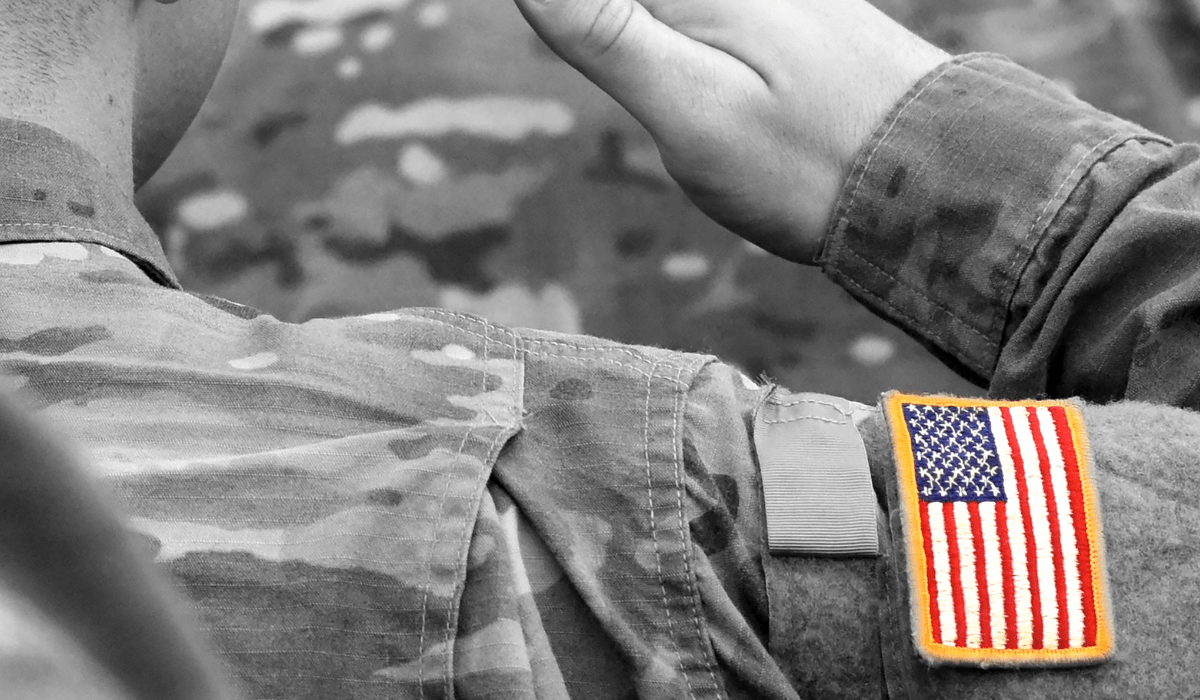
A Look Into the Mind of Court Martial Attorney Tim Bilecki
Hosted by Carla Zelaya
“No one to represent their interests.”
Carla: Now, can you walk me through piece-to-piece how a trial starts, how long does it take.
Bilecki: Sure. I mean, it starts with the initial investigation where law enforcement is investigating the case, and they want to build a case against the Soldier, or the Marine, or the Airman. And that’s a critical part of a trial because service member, at that point in time, typically has no one to represent their interest and the law enforcement building a case against them.
No one is building their story of innocence. No one is building the case for them.
Oftentimes in this process, Carla, we have pre-text phone calls where an alleged victim will actually call the accused on the phone. It’s recorded. CID or law enforcement is on the other end, and they’ll bait them into making admissions.
So, oftentimes, I want to stop that right in the process by being able to represent someone. Now, they will look in Facebook—scrub social media and just do whatever they can to build the case against the accused.
And an accused Soldier (service member), they’re very vulnerable at that time because they have no one to represent them and no one to represent their interests. If the case gets beyond that stage (again, oftentimes they do because in the military if there’s an allegation of sexual assault the vast majority of them go to a trial), charges get preferred against them.
Again, that’s a military term where a command essentially makes a decision to charge a service member with a crime. After that, it goes to what’s called an Article 32 hearing.
An Article 32 hearing is supposed to be an independent hearing to determine if there’s enough probable cause to go forward, although there’s a lot of changes to the legislation to that and if so, then the commanding General, or the Admiral, makes the decision to send the case to trial.
Once it gets to trial, it’s truly in the hands of the military judge, and that’s called the Referral of Charges. A trial can take three days, it can three weeks. It really just depends on the complexity of the case.
Carla: Now, do you really believe that the government investigators are going to be fair to the accused?
Bilecki: No, absolutely not. We would certainly hope so, but I think it’s a problem with what I call Confirmation Bias by the time a case gets into NCIS or CID (NCIS is just Naval Criminal Investigative Services and CID is Criminal Investigative Division).
NCIS typically takes on the Navy/Marine Corps cases and CID takes the Army cases, and of course, it’s OSI that does the AirForce. They’re just basically the military investigators who investigate crimes, but they investigate them with what I call Confirmation Bias.
They Don’t Believe the Accused
Typically, when a sexual allegation comes in, or really any type of allegations, I’ve always found that CID, NCIS, and OSI, they believe the crime already occurred. So, they are going to investigate only so much to confirm their bias as opposed to actually investigating the case.
To give an example of that, oftentimes they will not find obvious exculpatory evidence. I’ve had a client in an interrogation room pull out his iPhone and say, “There are text messages on this iPhone to show I’m innocent.” True story, CID said, “Leave the phone here. We’ll look at it,” and they never looked at the phone.
They never did a cellphone extraction because they don’t initially believe an accused. So, what happened in that particular case is we actually have to do preservation of evidence request, get the cellphone, do our own forensic review of it, and we proved that the Soldier was innocent.
And the evidence was right there on the table, literally and figuratively. So, oftentimes, I find that they have this confirmation bias. They don’t believe the accused; they’re guilty until proven innocent, and they won’t look for exculpatory evidence.
Oftentimes, it’s just pure laziness because it takes work to uncover the truth and oftentimes they want to move cases along. You know, a CID office or an NCIS office can literally have hundreds of cases at any one point in time and they want to investigate just enough so they can close the case and move on to the next one.
So, that’s the reality of it, Carla. It’s unfortunate. And it’s one of the reasons why I want to bring on my own investigative team and my own investigators—because I want to investigate myself.
And what I mean by that is: in the military, in particular, assault cases, there are typically 2 or 3 experienced prosecutors that are prosecuting the case. They have all the resources of the law enforcement, CID, OSI, NCIS–they’re building a case against you, and oftentimes you get assigned a military lawyer.
We Do The Investigating
The issue is not that they are good or bad, they’re inexperienced for the most part and they’re often trying their best, but you get one attorney. And so when you’re going through the process, it can feel like the deck is stacked against you.
One of the ways we can try to fix that is by bringing the experience, bringing the firepower to the table. Bringing our own investigators, bringing on a group of attorneys (or a team of trial lawyers) to really level the playing field depending on what the case requires.
So, it’s not that it’s an unjust system—because I do believe in the system; I do believe in the Court Martial system; I do believe in a jury trial—but it’s a matter of leveling the playing field and getting someone to court, you know Carla, because I still believe.
Maybe I’m naïve in it but once you get a case into a courtroom, and you have a jury, and you can present your case in a fair manner, juries, I find, get it right. I mean, the cases that I represent, it’s pretty rare that… I believe that juries, again, get it right.
That’s why I say we seriously try to level the playing field because that’s what we can do. It’s bringing in the experience, bringing in the firepower and the knowhow, and your own team of investigators, and going in there and just dominating outside the courtroom, and telling your client a story of innocence.
Because if you don’t have that ability to tell that story of innocence, you’ll never going to win trials.
Defending Service Members Globally
Wherever Duty Calls, Our Defense Follows




